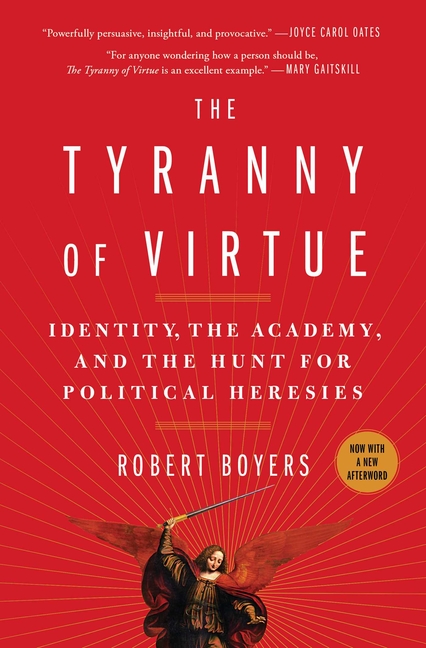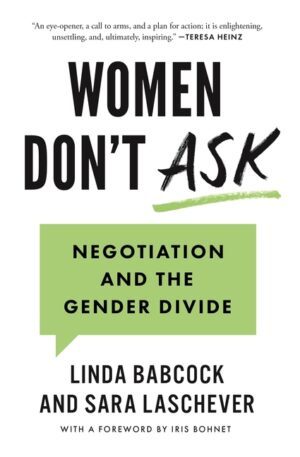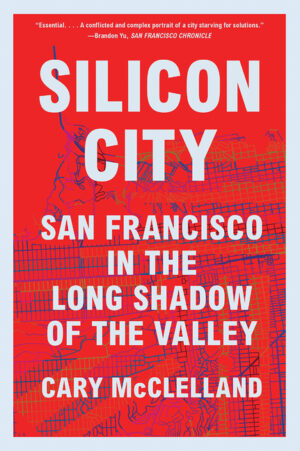"An intellectually stimulating series of essays about the decline of civility and academic freedom." –
Albany Times Union "Boyers has given us a crucial lesson in the sweeping anti-liberalism of present-day leftists."
–Tablet "A rousing call for speech on college campuses that is truly free, addressing uncomfortable issues while allowing room for dissent...Coming from a clearly liberal point of view, Boyers nonetheless courts controversy–and is bound to get it–with some of his tenets, such as the thought that identity politics as such evinces 'a fear of the uncertainties and hard choices that come with modernity and the need to think.' A nuanced argument of interest to those who worry that nuanced arguments are no longer possible in quad or classroom." –
Kirkus Reviews "Robert Boyers writes in the great tradition of Saul Bellow, Irving Howe and Susan Sontag: a powerfully persuasive, insightful and provocative prose that mixes erudition and first-hand reportage, combativeness and sympathy, moral vehemence and humor. From his vantage point as longtime editor of the preeminent journal
Salmagundi, Boyers has been in close contact with every seismic shift in literary, intellectual, artistic and academic quarters in recent decades, and for those of us who may require guidance, here is our guide."
–Joyce Carol Oates "Robert Boyers's voice is a bracing one: courageous, unsparing, and nuanced to a rare degree. In this book, he patiently and wittily speaks sanity to the towering forces of cultural craziness, and he actually respects everyone–well, nearly everyone–whom he subjects to his rigorous critique. For anyone wondering how a person should be,
The Tyranny of Virtue is an excellent example."
–Mary Gaitskill "This is a moment in which many robust voices claim attention for groups and causes that have been undervalued historically–a splendid moment for a culture that, at its best, places great value on reform that tends toward justice. In our universities, the debates it encourages have sometimes become vitriolic and judgmental. Robert Boyers has given us a reminder of the complexity of the issues at stake and the urgency of preventing a humane impulse from being overwhelmed by passions unworthy of it."
–Marilynne Robinson





